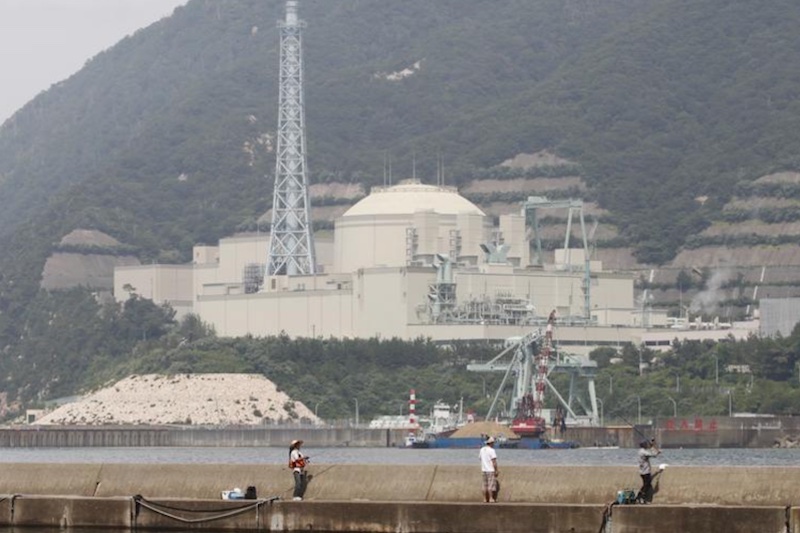Japan will restart more nuclear power plants and look at developing next-generation reactors, Prime Minister Fumio Kishida announced on Wednesday.
The news is a major policy shift given the surge in opposition to nuclear energy after the Fukushima disaster in 2011, but it is not a surprise, as the war in Ukraine has created an energy crisis for Japan and many other countries, so this issue has been debated for months.
The comments from Kishida – who also said the government would look at extending the lifespan of existing reactors – highlight how the Ukraine crisis and soaring energy costs have forced both a change in public opinion and a policy rethink toward nuclear power.
Japan has kept most of its nuclear plants idled in the decade since a massive earthquake and tsunami in 2011 triggered a nuclear disaster at the Fukushima Daiichi power plant.
Kishida told reporters he had instructed officials to come up with concrete measures by the year end, including on “gaining the understanding of the public” on sustainable energy and nuclear power.
ALSO SEE: Nuclear Power Unit Said to Lure Tepco Into Toshiba Takeover
‘Green Transformation’
Government officials met on Wednesday to hammer out a plan for so-called “green transformation” aimed at retooling the world’s third-largest economy to meet environmental goals. Nuclear energy, which was deeply opposed by the public in the aftermath of the Fukushima crisis, is now seen by some in government as a component in a green transformation.
Public opinion has also shifted, as fuel prices have risen and an early and hot summer spurred calls for energy-saving.
Last month the government said it hoped to restart more nuclear reactors in time to avert any power crunch over the winter.
As of late July, Japan had seven operating reactors, with three others offline due to maintenance. Many others are still going through a relicensing process under stricter safety standards imposed after Fukushima.
Kishida also said the government would look at extending the lifespan of existing reactors. Local media earlier reported this could be done by not including the time reactors remained offline – years in some cases – when calculating their operating time.
Under current regulations Japan decommissions plants after a predetermined period, which in many cases is 60 years.
- Reuters with additional editing by Jim Pollard
ALSO SEE:
Fukushima Nuclear Operator Sued over Thyroid Cancer Cases
Fukushima re-invents itself as a green hydrogen leader
War Triggers Debate on Japan Nuclear Option – Interpreter
























